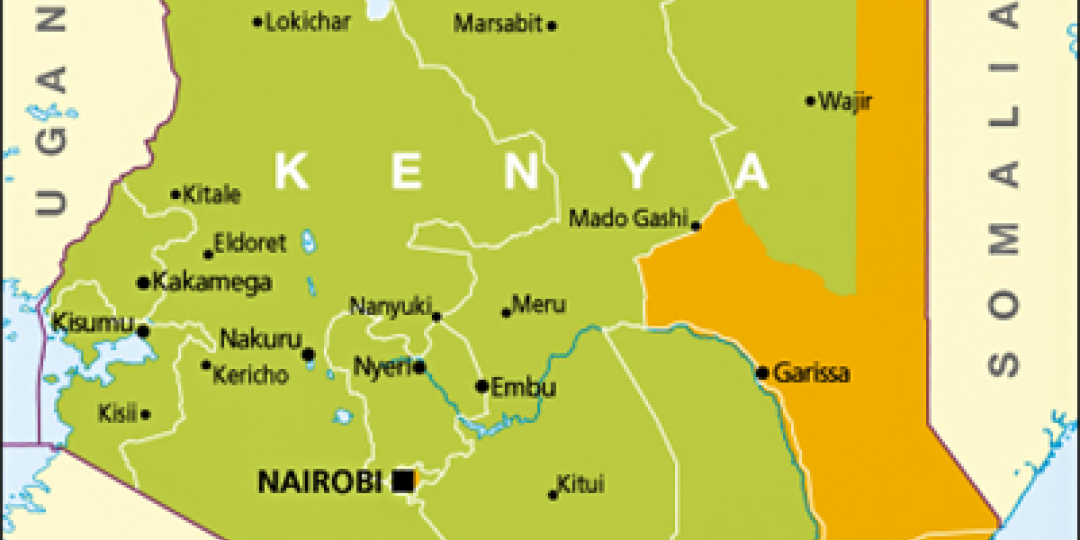While security threats and the outbreak of Ebola in West Africa have affected travel to Kenya and Tanzania, travellers are still showing interest and the trade is optimistic that tourism to this region will grow. Tessa Reed reports.
Rosemary Mugambi, Serena Hotels Regional Sales and Marketing Director, says the numbers, especially from traditional source markets to Kenya, are down, although she says “it is back to business as usual,” speaking specifically about Tanzania, which, like Kenya was affected by the Ebola outbreak. However, Mugambi says travellers are still showing interest in the region.
Taqi Moledina, Group CEO at UK-based ARP Travel, says: “Consumers realise the uniqueness of the destination, with its open savannahs, rich wildlife and culture,” adding that many suppliers have special offers, making now the best time to visit East Africa. Likewise Mohanjeet Brar, who is based in Kenya, says there is still a strong interest in East Africa. “We're confident we'll see this [interest] continue to grow.”
Hillary Mwanga of Multi Choice Safaris, says East Africa is safe for travel, adding that only parts of northern Kenya close to the Somalia border need be avoided.
Moledina says travellers have two concerns these days, the first being Ebola. “Our heart goes out to the tens of thousands of people in West Africa who have been affected by last year’s outbreak.” However, he points out that the outbreak in West Africa shouldn’t affect travel to East Africa. “The fact is, people often forget the size of Africa.
“The other concern is, of course, the global terrorism threat,” says Moledina. Brar also points out that tourism to the region did take a knock. “We were impacted by Ebola – as all of southern Africa was – and, like many parts of the world, we do have a challenge with terrorism in certain areas, which has resulted in a big drop in bookings, and especially in Kenya, as a result of travel advisories being imposed by some of our key source markets.”
“Our companies in East Africa and the suppliers that we use have all taken every possible step to ensure the safety of visitors,” says Moledina. “In Nairobi and Mombasa, the police are extremely vigilant in their efforts to keep tourists safe. Hotels and resorts have implemented extra measures to protect their guests. And in the parks, the wardens and rangers have done an exceptional job of protecting wildlife and travellers alike.”
“The only ‘news’ being reported out there is a negative picture,” says Brar, pointing out that this has affected tourism to the region. However, he says that both the public and private sectors are tackling this. He adds that a top international public relations firm has been appointed. “[T]here will be a lot more positive stories, which is more reflective of the reality here,” he says. The public relations work will also be supplemented by the private sector in the form of Kenya Tourist Federation and the Kenya Tourist Board.
Brar also points put that security threats like terrorism are a global problem and not unique to Kenya. In a recent column on Tourism Update, Nigel Vere Nicoll, Chief Executive of Atta, questioned why there was an advisory against parts of Kenya, when areas that had suffered terrorist acts, including Toronto, Paris and Sydney were not subjected to similar advisories.
The UK Foreign and Commonwealth Office currently advises against all but essential travel to areas within 60km of the Kenya-Somali border; Garissa County; the Eastleigh area of Nairobi; Lamu County and those areas of Tana River County north of the Tana river itself within 15km of the coast from the Tana River down to, but not including, Watamu.
To put the advisory in to persepective, Brar says: “The world has changed and the fact is that there is a risk from terrorism when travelling to many parts of the world, including Toronto, New York, Paris, London, Mumbai, etc…however we can't allow fear – which is what the terrorists want – to … keep us from travelling overseas.”
Mugambi points out that the advisories are specific. “The game parks are safe,” she says adding that the areas to be avoided are unlikely to be visited by tourists.
It is up to the trade to reassure travellers and provide them with the right information. Mwanga says prospective travellers should be assured that East Africa has a lot to offer and it’s safe to visit apart from a few areas.
“One of the key things we need to do better is educate clients about how big East Africa is,” says Brar adding that many of the people in the source markets still see Africa as the ‘dark continent’. “Although they've seen the lovely photos of the amazing wildlife, snow-capped Kilimanjaro, our beautiful sandy beaches, the warm smiles from the welcoming citizens, they still don't comprehend how big the country is and when there is a problem in a remote or isolated part of the country (often in an area no tourists would ever go to) they believe the entire country is unsafe.”























